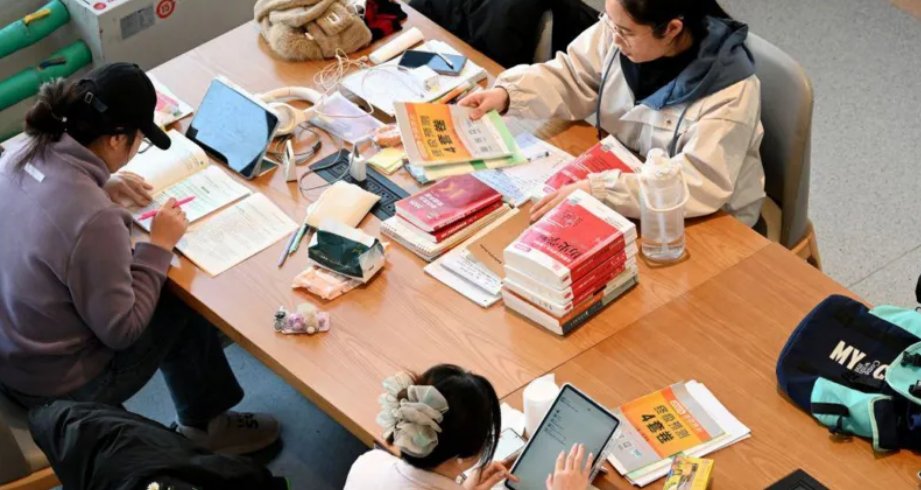A university in China’s capital is facing intense public criticism after a video surfaced online showing a student being asked to prove she was menstruating in order to qualify for sick leave — a move widely condemned as a violation of privacy.
The incident reportedly took place at the Gengdan Institute of Beijing University of Technology, where a viral video showed a young woman confronting a clinic staff member about the policy. “Does every menstruating girl have to take off their trousers and show you before they can get a sick note?” she asks in the footage. The woman behind the desk responds, “Basically yes. This is a school rule.”
The video quickly sparked outrage on Chinese social media platforms, with many calling the policy invasive and degrading. Although the original video and an official statement from the school appear to have been taken down, screenshots and reposts continue to circulate widely.
A user claiming to be the student later stated that her Douyin (Chinese TikTok) account was suspended for 30 days for posting “pornographic content,” referring to the now-viral video.
In a statement dated May 16, Gengdan Institute defended its staff, claiming they had followed “proper procedures,” including obtaining the student’s verbal consent and refraining from physical examinations. The university also alleged that the video had been “distorted” and warned of potential legal action against those who “maliciously spread untrue information.”
However, public reaction has remained overwhelmingly critical. On Weibo, users responded with sarcastic and angry posts, mocking the policy: “My head hurts, should I open my skull and call it a day?” wrote one. Another user quipped, “Let’s just take the sanitary pad out and paste it on the sick note.”
A staff member told local outlet Dute News that the regulation may have been introduced to prevent students from faking menstrual symptoms to obtain sick leave — a justification that has done little to quell criticism. “If they’re worried, why not just keep a record? It’s not that complicated,” one user commented.
The controversy has reignited debate over the strict and often intrusive regulations imposed by Chinese universities. Last year, several institutions faced backlash for banning dormitory bed curtains, citing fire hazards, and for issuing restrictive travel guidelines during holidays.
An editorial from state broadcaster China National Radio joined the criticism, saying, “Menstruation is already an intimate topic. Rules like this can seriously impact students’ mental wellbeing.”
As public pressure mounts, students and commentators alike are demanding greater respect for student autonomy and a re-evaluation of campus policies seen as outdated or authoritarian.


